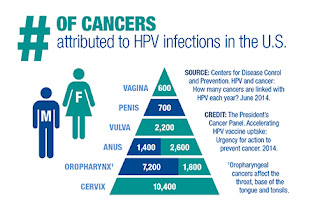The Latest in Birth Control News
With the recent withdrawal of the American Health Care
Act, a Republican-sponsored bill that would have repealed the Patient
Protection and Affordable Care Act (ACA), supporters and patients of Planned
Parenthood can take a momentary sigh of relief. During his campaign and after
winning the 2016 presidential election, President Donald J. Trump promised
Americans that he would fight to “repeal and replace” the ACA, signed into law
by former President Barack Obama in 2010. But after House Republican leaders
pulled legislation to repeal the ACA from consideration on the House floor,
President Trump’s promises fell flat.
Repealing the ACA would have eliminated Medicaid funding
for Planned Parenthood clinics for one year--funding that represents 30% of their budget. A de-funding of Planned Parenthood would have decreased the
accessibility and affordability of basic health
care services especially among
low-income women. Planned Parenthood offers many types of birth control, sexual
health counseling, cancer and diabetes screenings, STD testing, and
vaccinations. Clinics across the U.S. provide such forms of birth control as
condoms, the pill, the implant, the IUD (intrauterine device), the patch, the
Depo-Provera shot, and the NuvaRing. Although they do provide abortions, this is
only 3% of the services that they offer. Men and women with already limited access to
primary care greatly benefit from the free or low-cost services provided by
Planned Parenthood.
In fact, as many as 5 million women, men, and
adolescents worldwide are served by Planned Parenthood in a single year. That
includes sexual and reproductive health care, education, information, and
outreach. Through these services, Planned Parenthood health centers focus on
prevention of unintended pregnancy and support an individual’s right to make
informed decisions about their own body.
By Monica Roque



Comments
Post a Comment